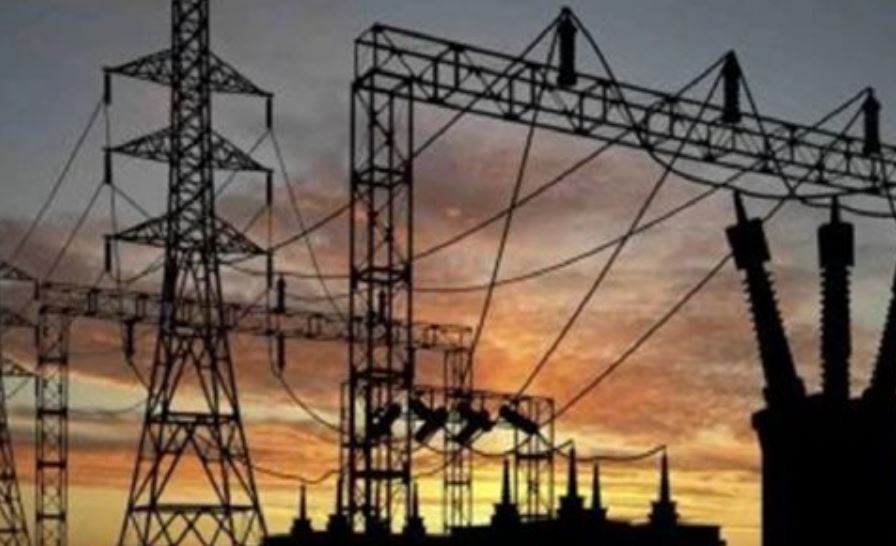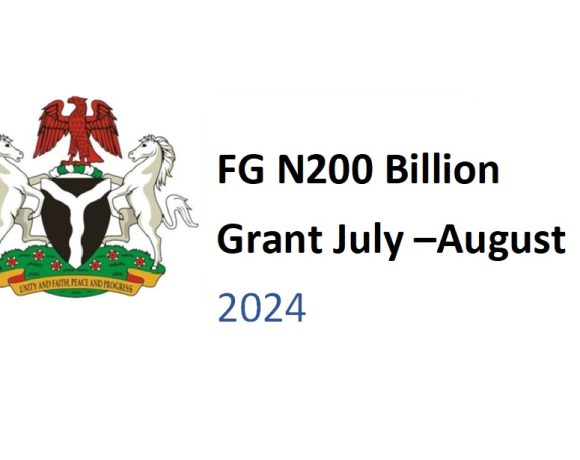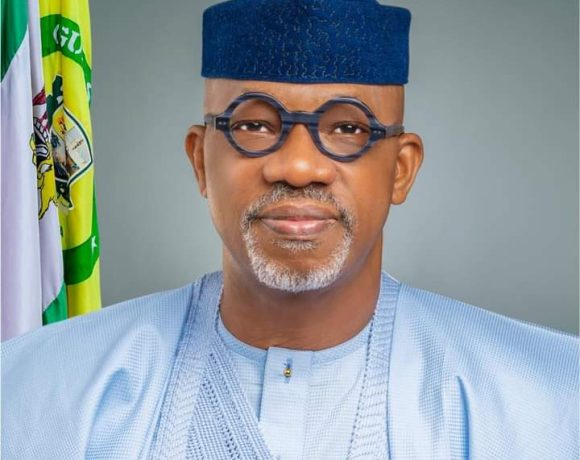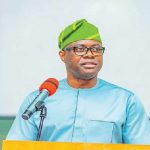National Power Grid Collapse: Nigeria Faces Darkness for the 12th Time in 2024

Nigeria’s national power grid collapsed once again on December 11, 2024, marking the 12th system failure this year. The collapse triggered nationwide blackouts, drawing public frustration and sparking urgent discussions on resolving the persistent energy crisis.
The Recurrence of Grid Failures
The latest collapse occurred at 2:09 PM and was confirmed by electricity distribution companies (Discos). Officials from various Discos, including Jos and Abuja, issued statements assuring customers of gradual power restoration. The frequent failures—three in a single week in October—underscore the fragility of Nigeria’s energy infrastructure.
Reactions from Officials
Minister of Power Chief Adebayo Adelabu highlighted progress under the Siemens Presidential Power Initiative (PPI), which added 750 megawatts to the grid and is expected to increase further by year-end. The Minister reaffirmed the need to revamp the outdated grid system, emphasizing the importance of renewable energy and decentralized power models to ensure stability.
Stakeholder Concerns
The Forum of Commissioners of Power and Energy expressed concerns about the economic and social impact of the collapses. Advocating for decentralization, the forum proposed state-driven electricity markets and localized grid systems to mitigate disruptions. Senator Enyinnaya Abaribe pointed to substandard electrical materials as a significant cause of grid failures, urging stricter enforcement of technical standards.
“It is time to embrace a decentralized electricity framework where states have the autonomy and resources to manage their power needs effectively.” — Eka Williams, Chairman of the Forum of Commissioners of Power and Energy
Decentralization and Renewable Energy
Experts recommend decentralizing the national grid to empower states with localized power generation and distribution. Such measures would minimize the cascading effects of grid failures and improve energy access, especially in rural areas. Adelabu emphasized renewable energy’s role in Nigeria’s energy transition, citing collaborations with Germany for technology-driven solutions.
The Path Forward
While initiatives like the Siemens project promise improvements, stakeholders call for immediate action to prevent further disruptions. Investments in modern infrastructure, predictive maintenance, and robust regulations are crucial for a reliable and sustainable power sector.
Conclusion
Nigeria’s persistent power grid failures highlight the urgent need for a sustainable and reliable energy system. With the 12th collapse in 2024 alone, it is clear that the current centralized grid structure cannot meet the nation’s growing energy demands. Decentralization and renewable energy offer promising pathways to empower states, reduce disruptions, and enhance energy access. Initiatives like the Siemens project and collaborations with international partners provide hope, but decisive action is essential. By investing in modern infrastructure, enforcing quality standards, and embracing localized solutions, Nigeria can move toward a stable and resilient power sector that meets the needs of its people and drives national development.










